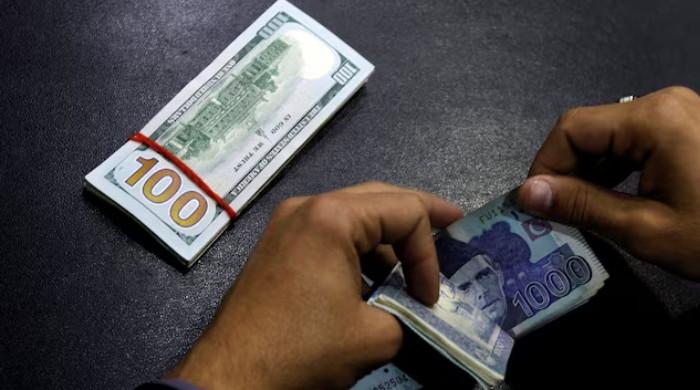
Pakistan's Default Risk Plummets: Insights from Finance Adviser Khurram Schehzad
In recent developments, Pakistan has witnessed a significant drop in its default risk, marking one of the most notable declines among emerging market economies. This positive shift was highlighted by Khurram Schehzad, an adviser to the finance minister, who underscored the implications of this change for both the economy and international investors. In this article, we will delve deeper into the factors contributing to this decline, its potential impact on Pakistan's economy, and address some frequently asked questions regarding the country's financial stability.
Understanding Default Risk
Default risk refers to the likelihood that a borrower, in this case, a country, will be unable to meet its debt obligations. For investors, a higher default risk indicates a greater chance of losing their principal investment. Conversely, a sharp decline in default risk is usually a positive signal, reflecting improved economic conditions, better fiscal management, and increased investor confidence.
The Current Scenario in Pakistan
According to Khurram Schehzad, the recent reduction in Pakistan's default risk has placed it among the top emerging markets. Several factors have contributed to this encouraging development:
1. Economic Reforms: The government has implemented a series of structural reforms aimed at stabilizing the economy. These reforms include fiscal discipline, tax reforms, and measures to enhance the ease of doing business, which have collectively bolstered investor confidence.
2. Increased Foreign Investment: With a more favorable business environment, foreign direct investment (FDI) has seen an uptick. Investors are now more willing to inject capital into the country, further strengthening the economy and reducing the perceived risk of default.
3. Improved External Accounts: Pakistan's external accounts have shown signs of recovery, with a reduction in the trade deficit and a more stable exchange rate. This improvement is crucial for maintaining foreign reserves and ensuring that the country can meet its external debt obligations.
4. Support from International Financial Institutions: Pakistan has received support from various international financial institutions, including the International Monetary Fund (IMF). Such backing not only provides financial assistance but also signals to investors that the country is on a path toward economic recovery.
Implications for Investors
The decline in default risk presents several opportunities for both domestic and international investors:
- Attractive Investment Climate: With reduced default risk, Pakistan is now seen as a more attractive destination for investment. Investors can feel more secure knowing that the country is taking steps to ensure economic stability.
- Potential for Higher Returns: As the economy stabilizes, sectors such as technology, energy, and agriculture are likely to experience growth. Investors entering these markets may enjoy higher returns as the country's economy strengthens.
- Strengthened Local Currency: A decrease in default risk can lead to a stronger Pakistani rupee. A stable currency is essential for international trade and can enhance the purchasing power of consumers within the country.
The Road Ahead
While the decline in default risk is certainly a positive development, it is essential to maintain momentum. The government must continue to implement reforms, manage fiscal policies effectively, and promote sustainable economic growth. Addressing challenges such as inflation, unemployment, and infrastructural deficits will be crucial in ensuring long-term stability.
FAQs
What is default risk?
Default risk refers to the probability that a borrower, such as a country, will fail to fulfill its debt obligations. A higher default risk suggests a greater chance of loss for investors.
Why has Pakistan's default risk decreased?
Pakistan's default risk has decreased due to a combination of economic reforms, increased foreign investment, improved external accounts, and support from international financial institutions.
How does a decrease in default risk affect investors?
A decrease in default risk makes a country more attractive for investment, as it signifies improved economic stability and reduced chances of losing invested capital.
What sectors might benefit from reduced default risk in Pakistan?
Sectors such as technology, energy, and agriculture are likely to benefit from increased investment and economic stabilization as a result of reduced default risk.
What should Pakistan focus on to maintain this positive trend?
To maintain the decline in default risk, Pakistan should focus on continuing economic reforms, managing fiscal policies effectively, and addressing challenges like inflation and unemployment.
How does foreign investment impact Pakistan's economy?
Increased foreign investment can lead to job creation, technology transfer, and overall economic growth, making the country more resilient and less prone to default.
In conclusion, the sharp decline in Pakistan's default risk is a significant milestone that reflects the country’s ongoing efforts to stabilize its economy. With continued reforms and a focus on sustainable growth, Pakistan is poised to attract more investments and enhance its standing in the global market.
Tags
Business
